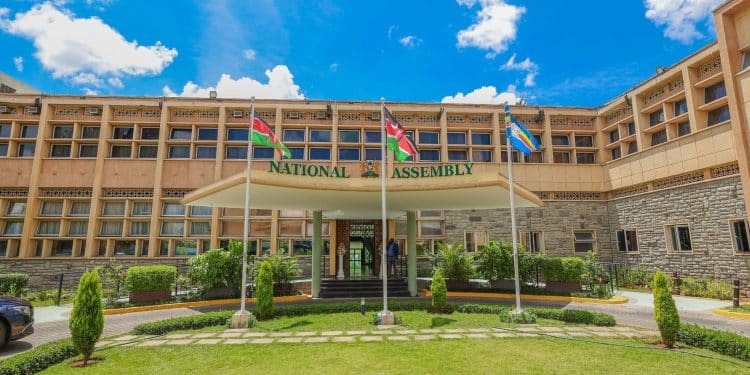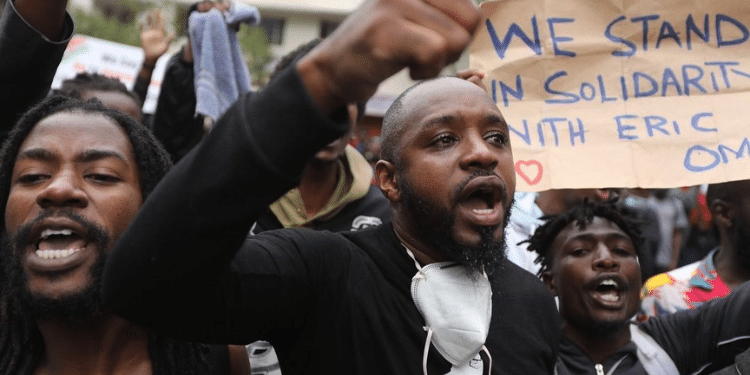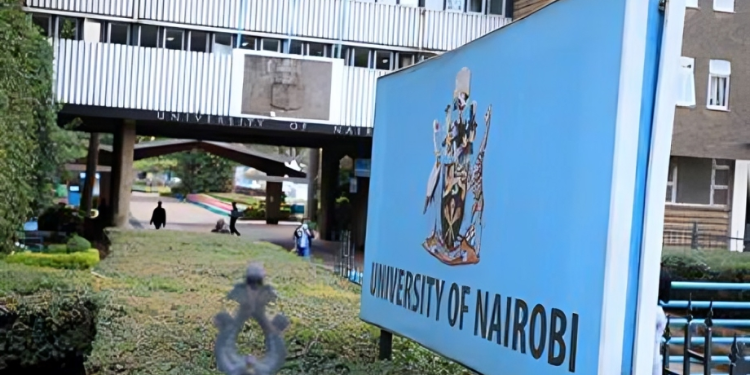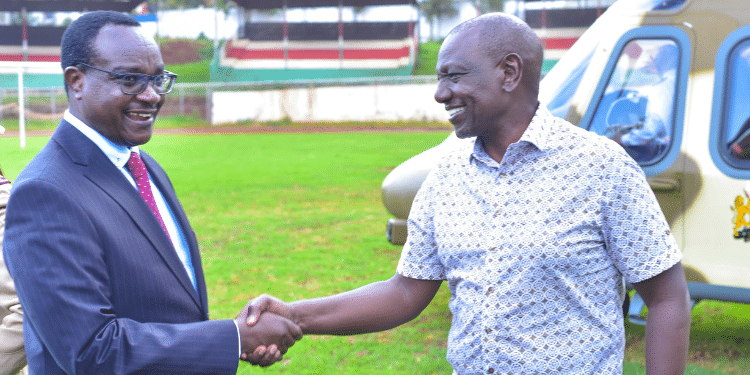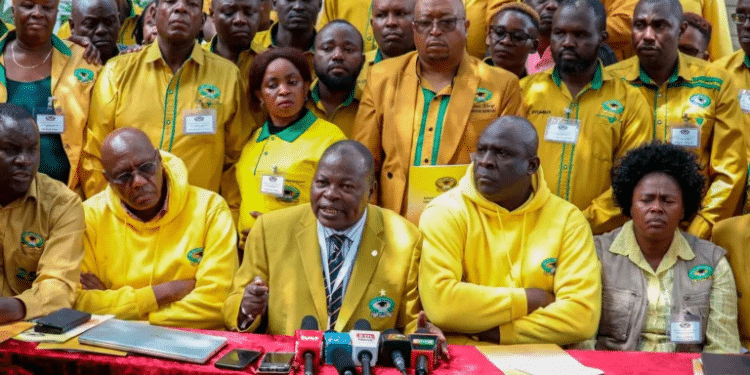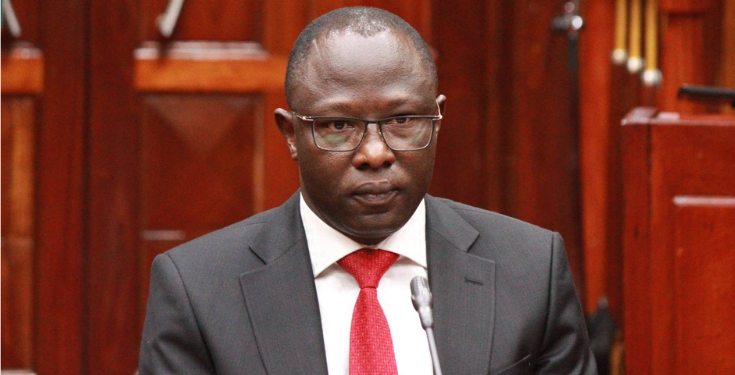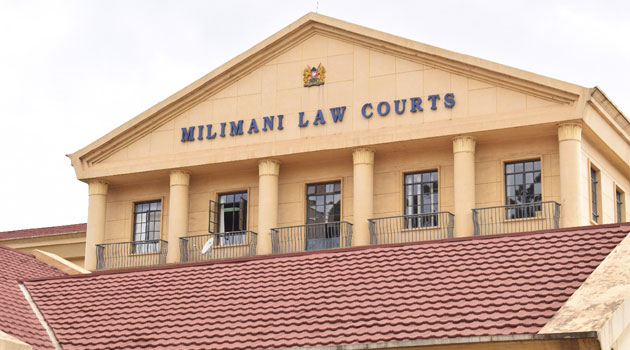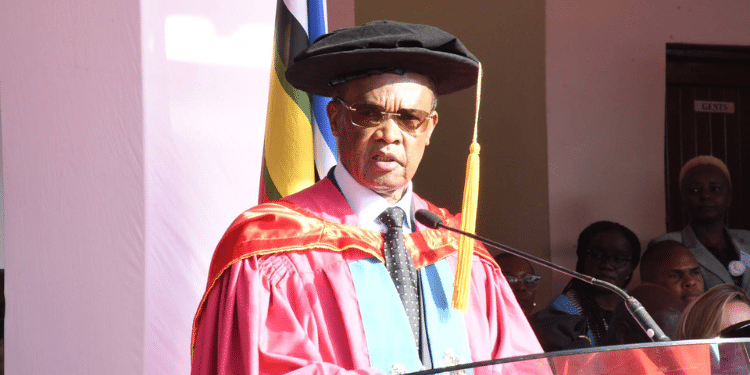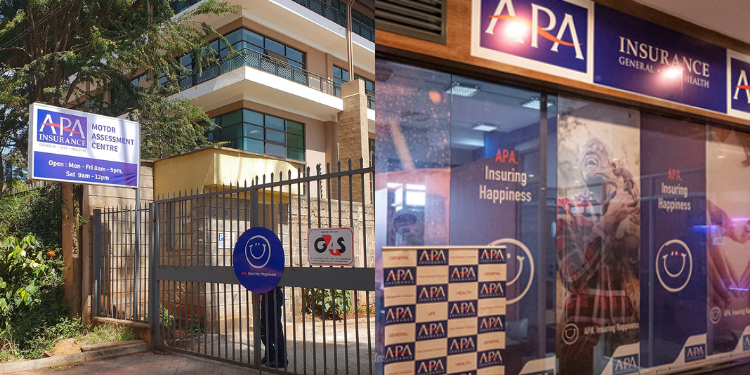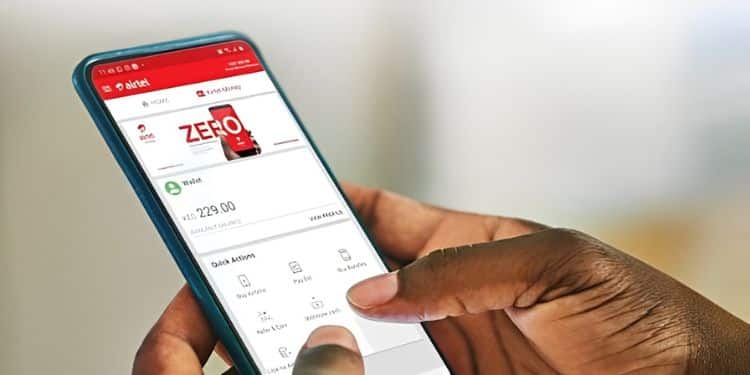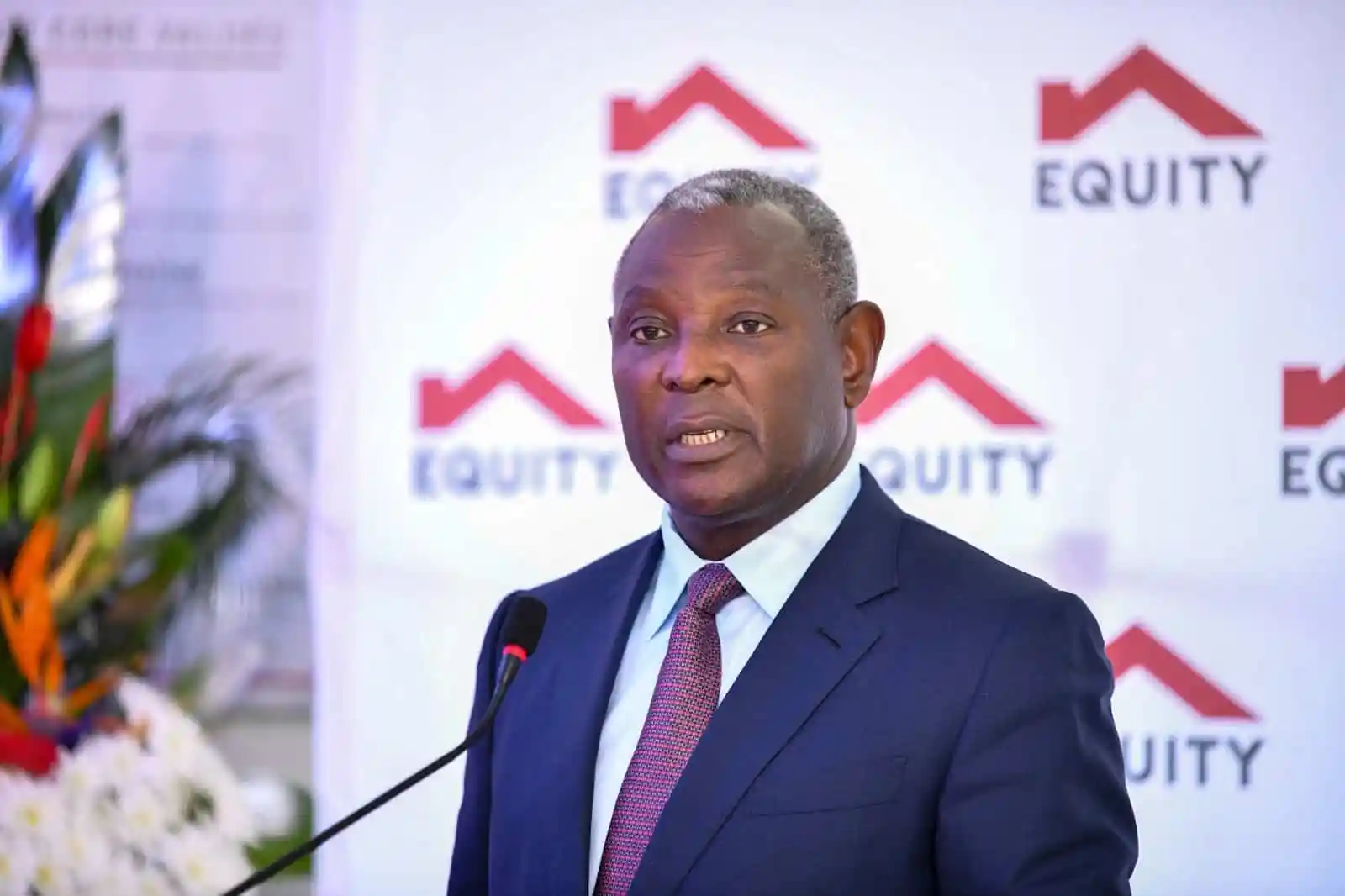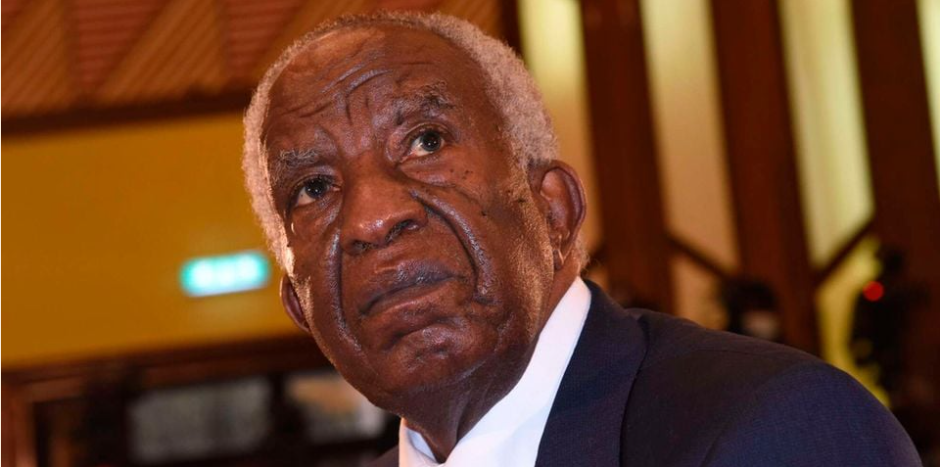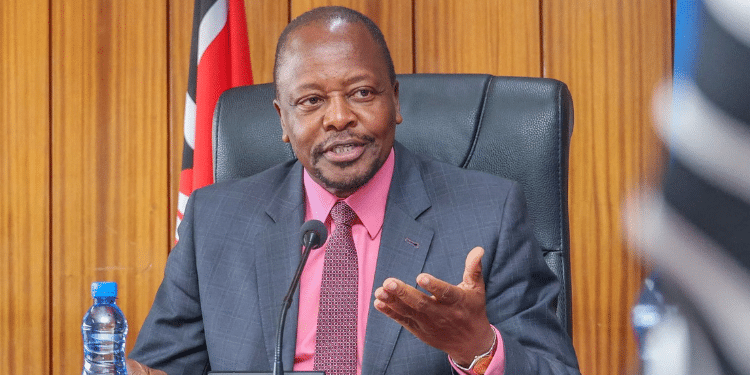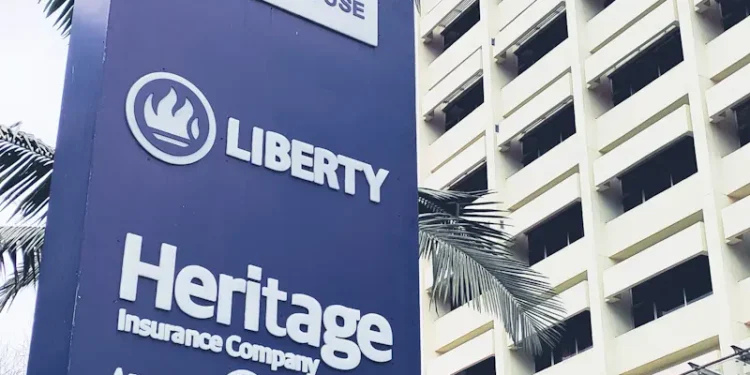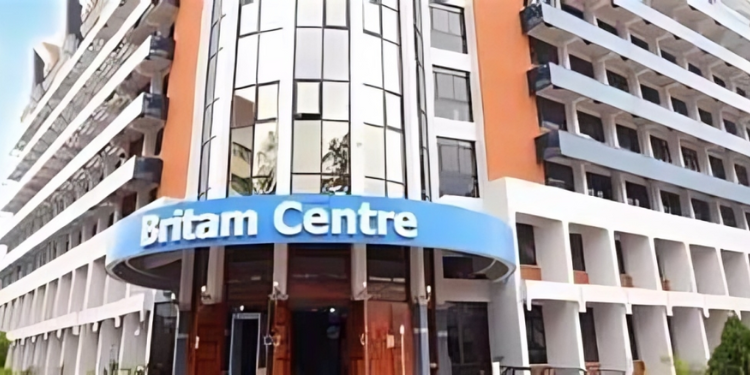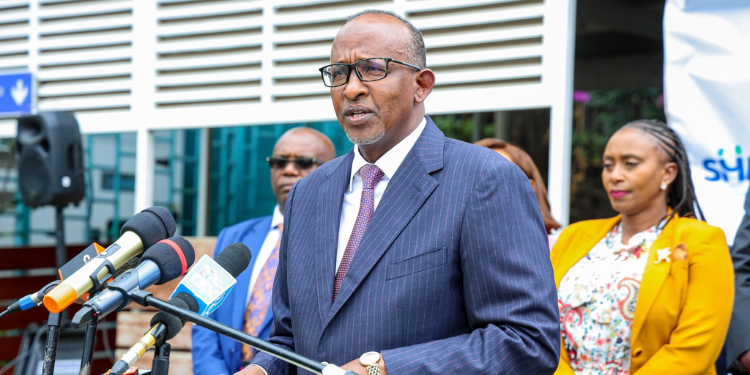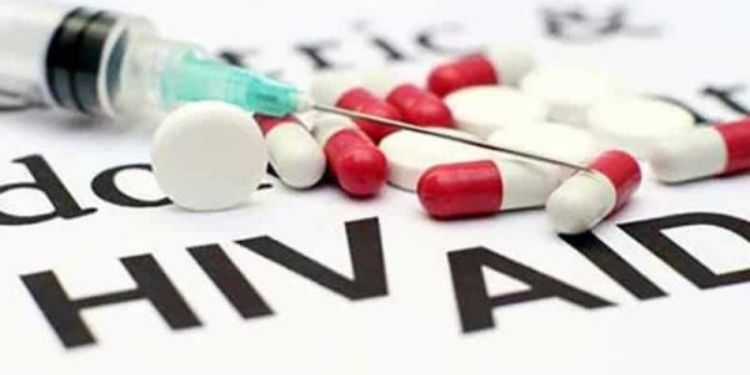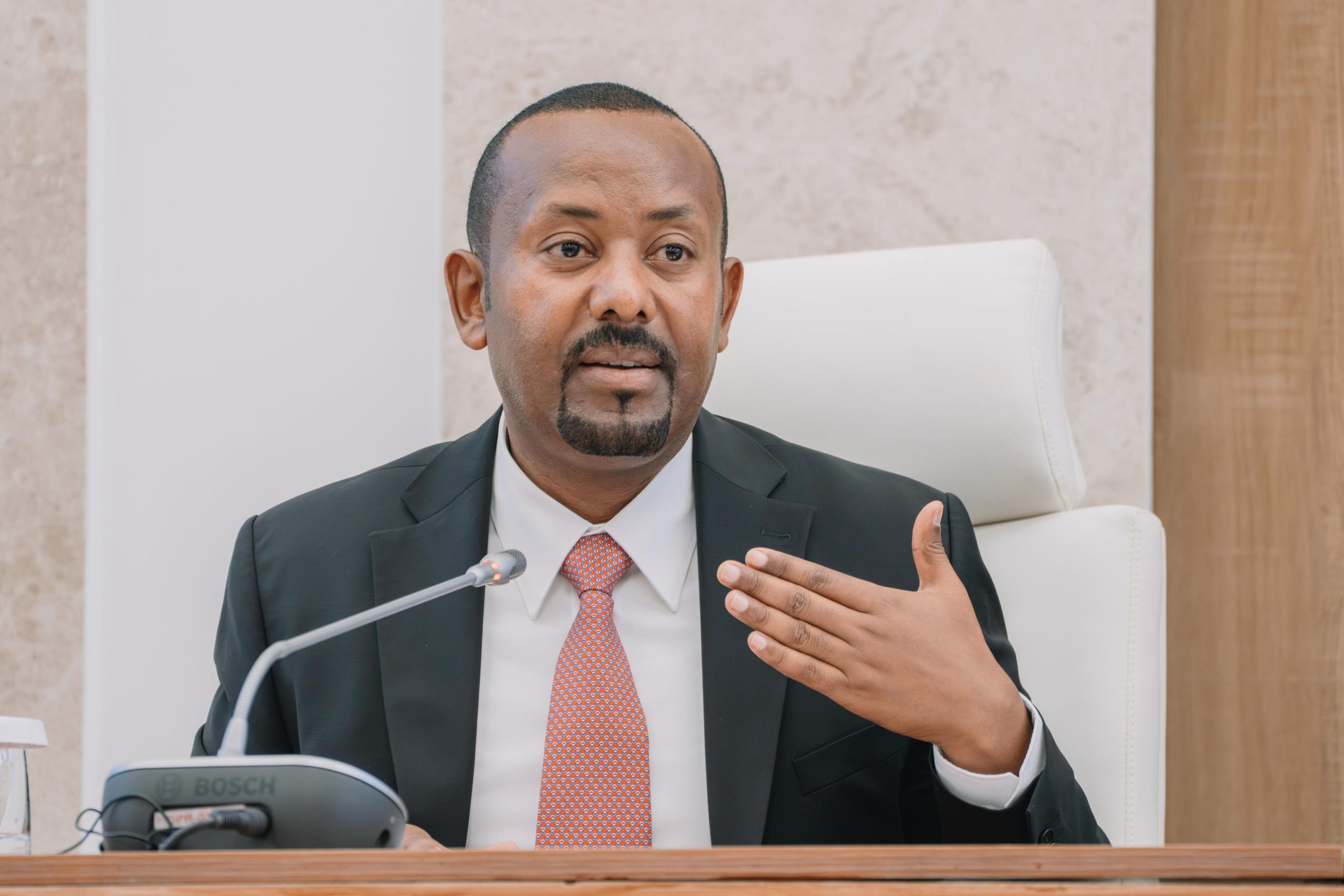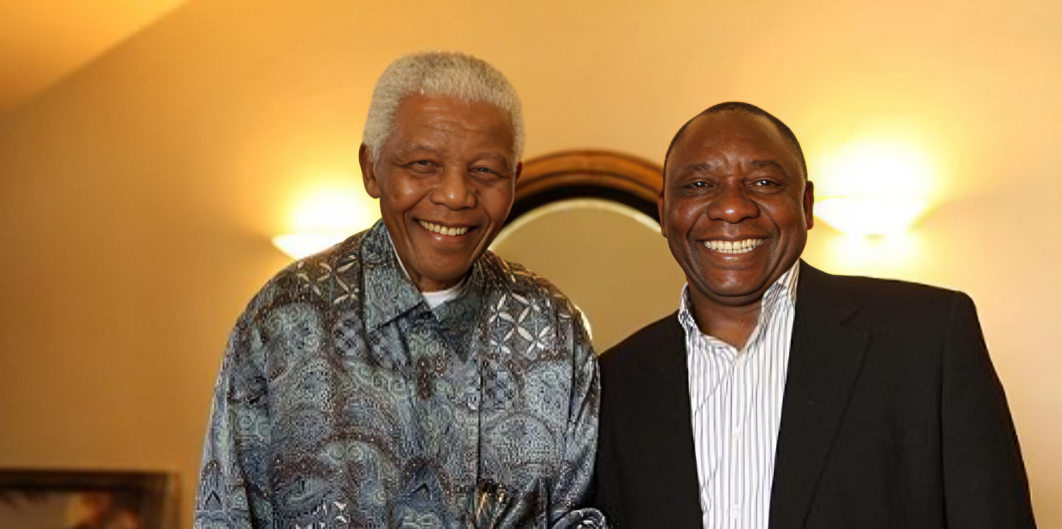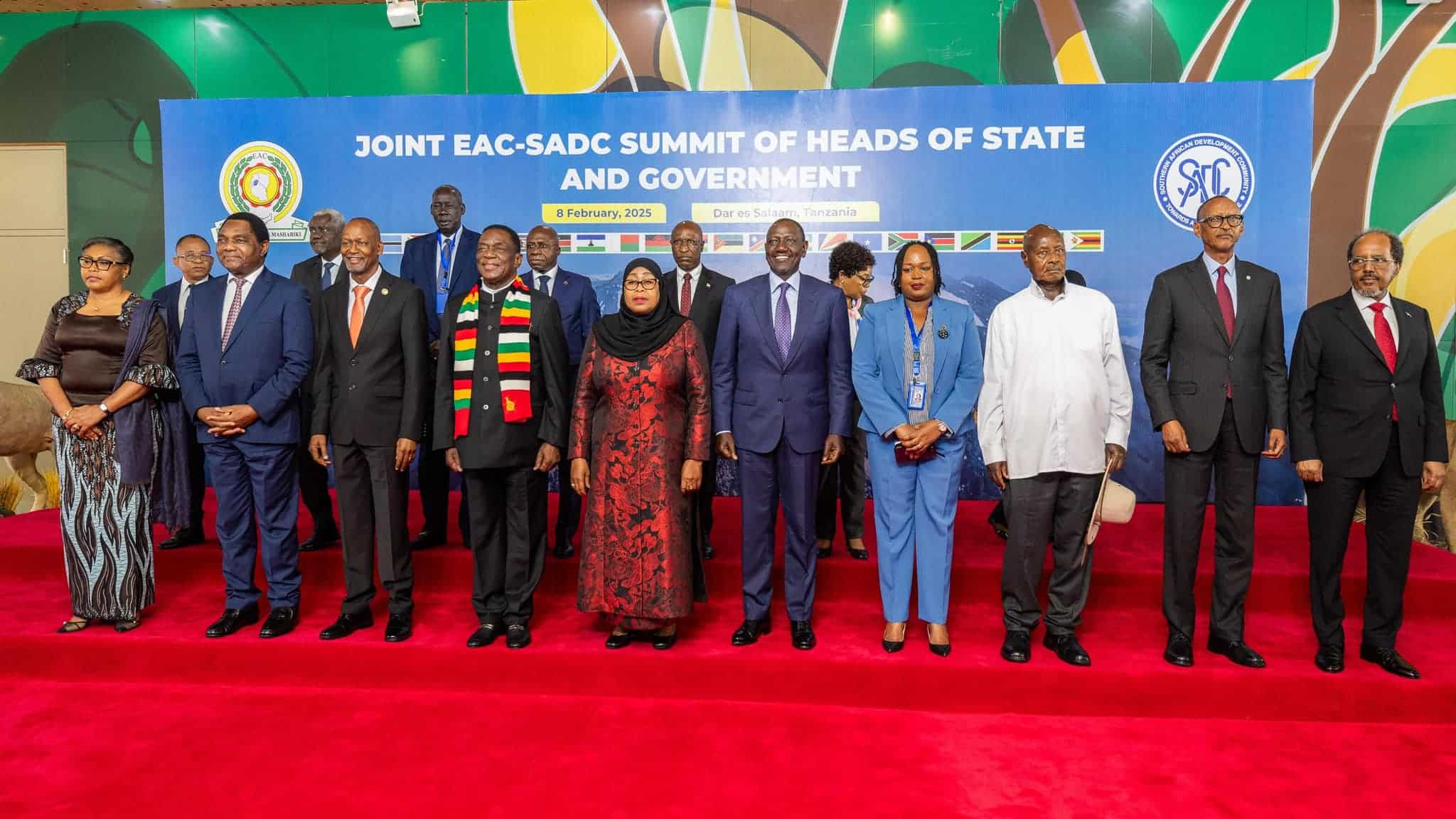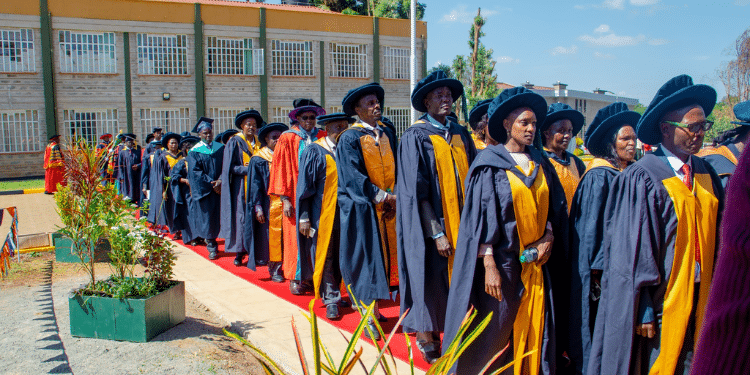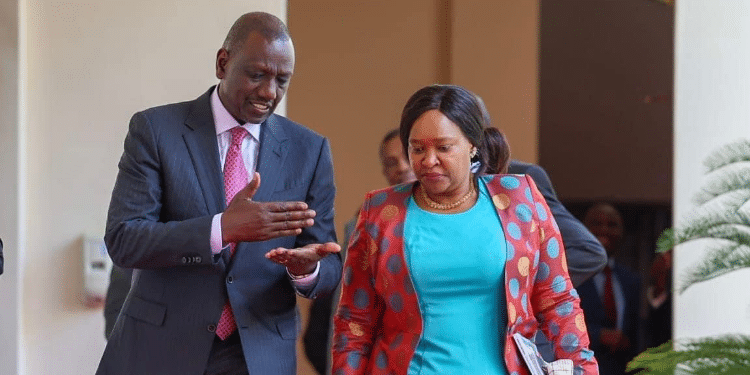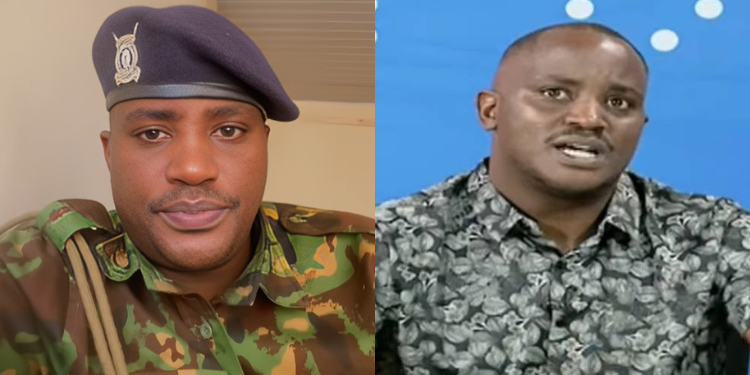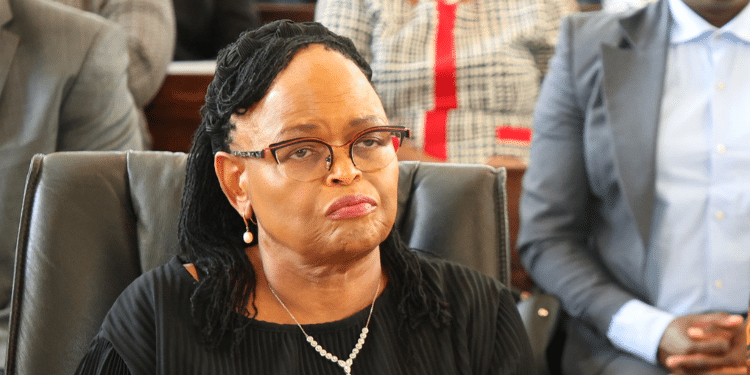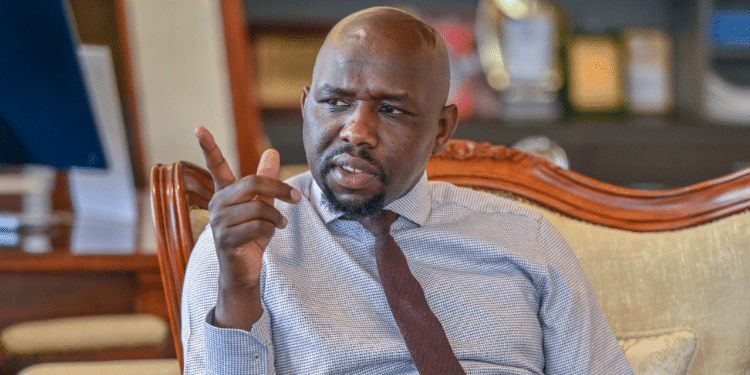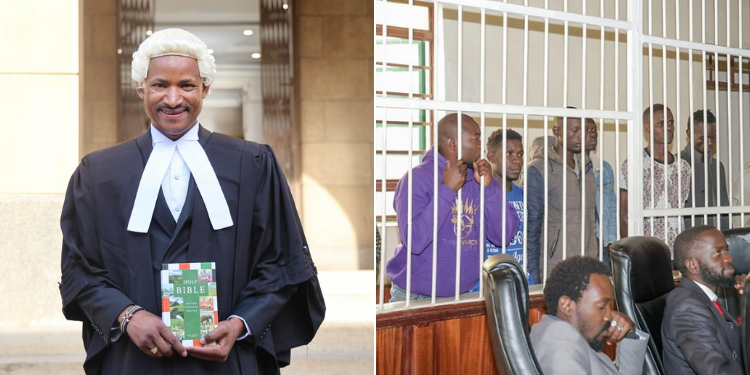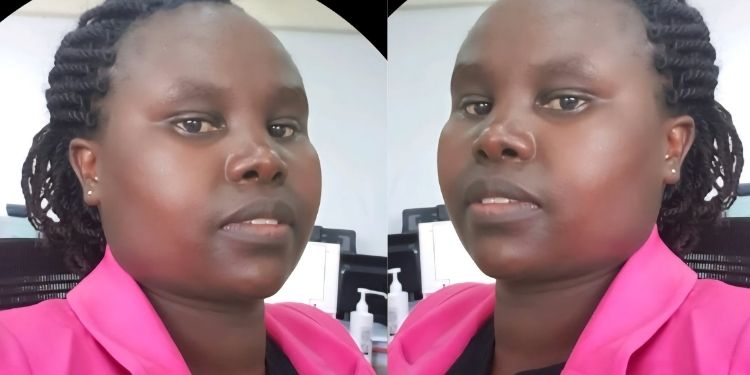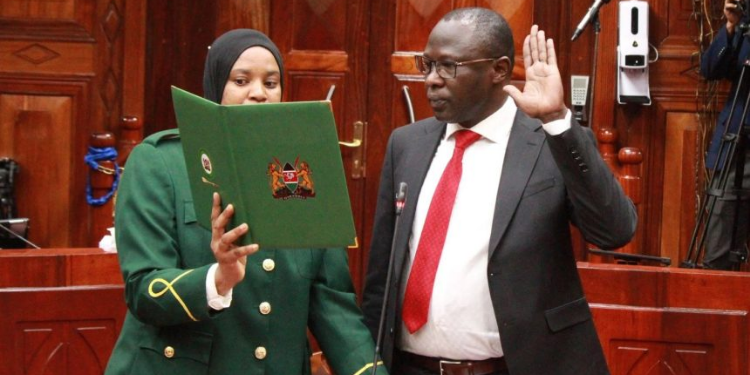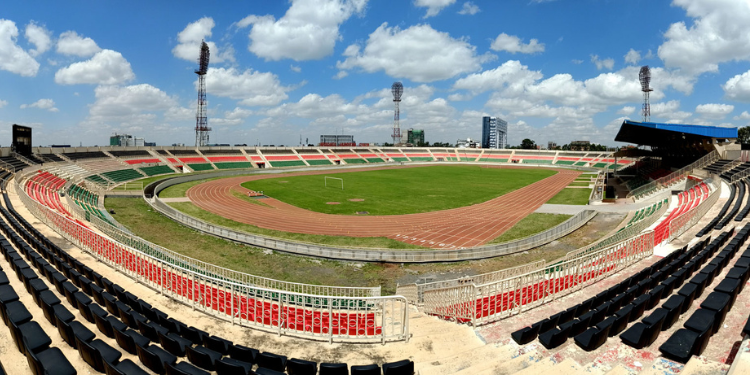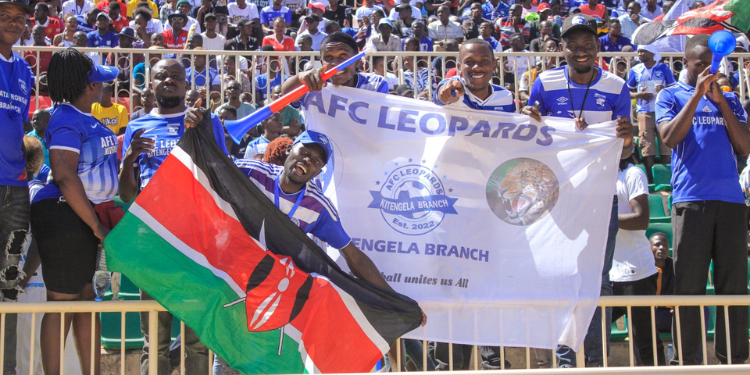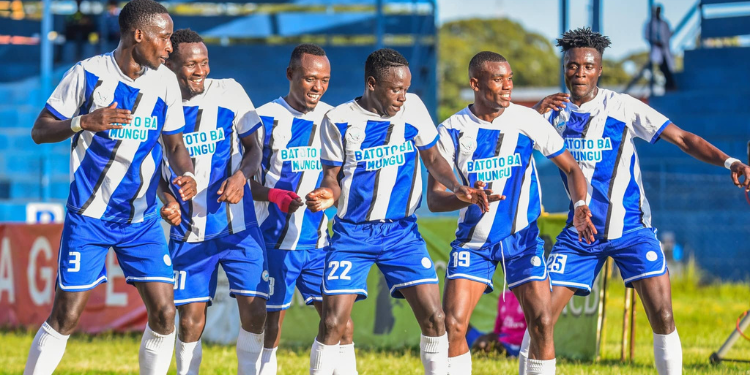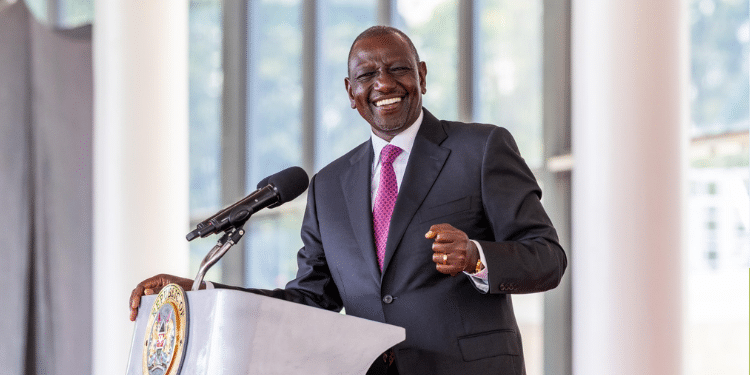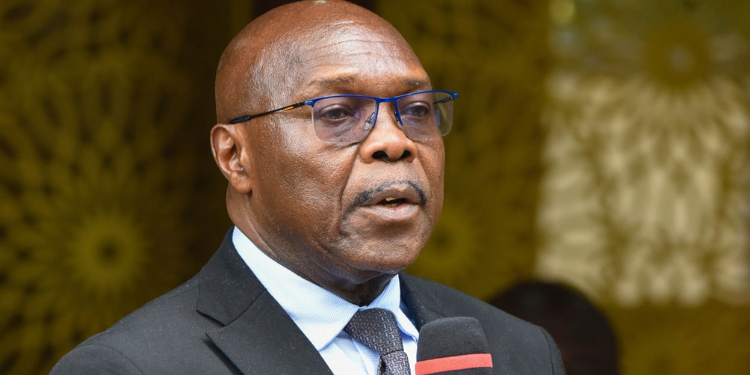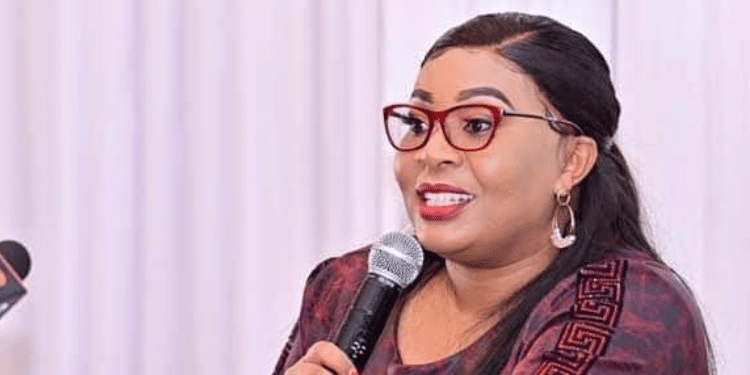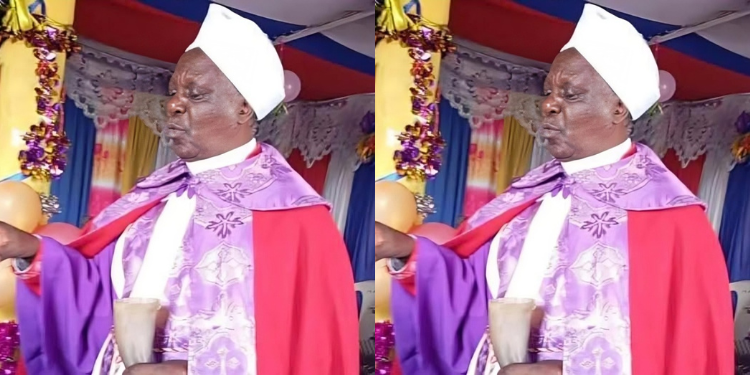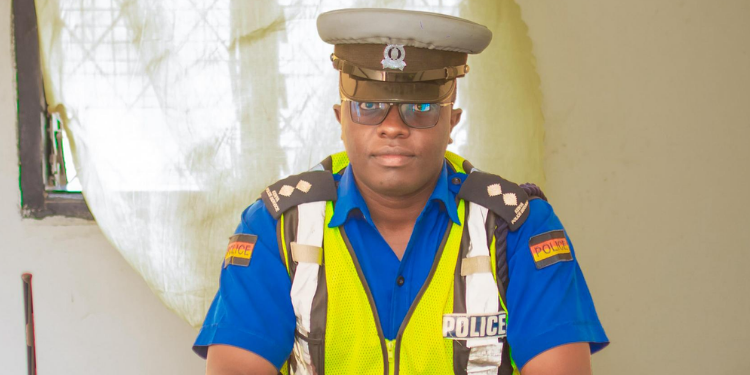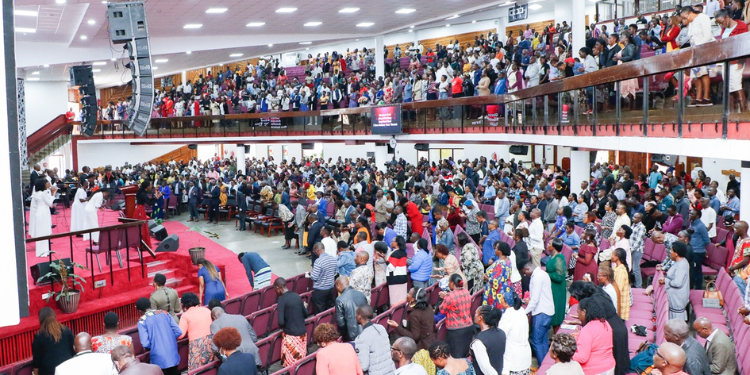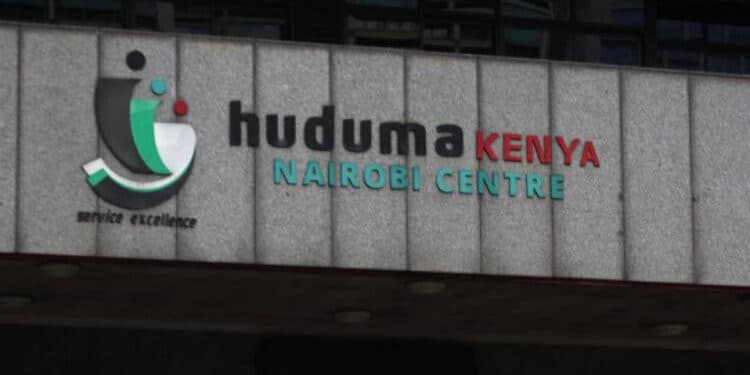Huduma Kenya has made efforts to enhance accessibility for persons with disabilities through introduction of sign language interpreters at 20 selected Huduma Centres.
The initiative’s expansion to include sign language interpreters follows the Kenyan Sign Language Bill 2024, passed that year, which mandates the provision of sign language interpretation in all government agencies, including schools and public offices.
This legislative change builds on Article 54 of Kenya’s 2010 Constitution, which requires reasonable accommodations for persons with disabilities, though implementation has historically faced resource constraints.
The World Health Organization’s 2021 report highlights global disparities in access to assistive services for hearing-impaired individuals, noting that only 1 in 10 people with hearing loss have such access.
Kenya’s move, therefore, positions it as a leader in disability inclusion within developing nations, responding to the 2022 Kenya National Survey for Persons with Disabilities, which estimated that approximately 2.2 million Kenyans have hearing impairments.
The Huduma Centres with the sign interpreters include Mombasa, Nakuru, Kakamega, Vihiga, Makadara, Bungoma, City Square, Eastleigh, GPO, Isiolo, Kibra, Kilifi, Kirinyaga, Kisumu, Laikipia, Marsabit, Nyeri, and Samburu.
Also Read: Catholic Bishops Slap Ruto with Demands Ahead of Gen Z Protests
This initiative addresses previous challenges highlighted in public discourse, where persons with disabilities (PWDs) urged the state to employ sign language interpreters in public offices, citing instances of inaccessible services at Huduma Centres.
The introduction of interpreters is a direct response to such calls, aiming to ensure privacy and dignity, particularly in sensitive services like health checkups.
Huduma Kenya practicability is supported by ongoing efforts to train sign language interpreters.
The National Council for Persons with Disabilities (NCPWD), in collaboration with the Kenya Institute of Special Education (KISE), announced a training program commencing January 13, 2025, in eight centres, including Nairobi, Isiolo, Kakamega, Kisii, Nyeri, Nakuru, Kisumu, and Mombasa
This program, targeting employees of ministries, counties, departments, and agencies underscores the government’s commitment to building capacity for inclusive service delivery, potentially supplying interpreters for Huduma Centres.
Globally, this move aligns with the UN Convention on the Rights of Persons with Disabilities (CRPD), ratified by Kenya in 2008, which recommends sign language interpreters in public services.
Nationally, the initiative challenges narratives of limited government action on disability rights, building on efforts like the recognition of Kenyan Sign Language (KSL) as an official language alongside English and Swahili since 2010
Despite these advancements, challenges remain, including the limited number of qualified interpreters, estimated at 500 for over 260,000 hearing-impaired individuals in Kenya.
Also Read: Penda Health Centre History, Owners, and Founders
The excessive cost and urban concentration of interpreters have historically hindered access for rural and low-income populations. The Huduma Kenya initiative, by listing specific centres, aims to bridge this gap, but its success will depend on sustained funding, training, and public awareness.
Additionally, the Kenyan Sign Language Bill 2024 proposes the establishment of the Kenyan Sign Language Council to regulate interpretation standards, addressing issues like unqualified interpreters.
This regulatory framework could enhance the quality and reach of services at Huduma Centres.
Follow our WhatsApp Channel and X Account for real-time news updates.
